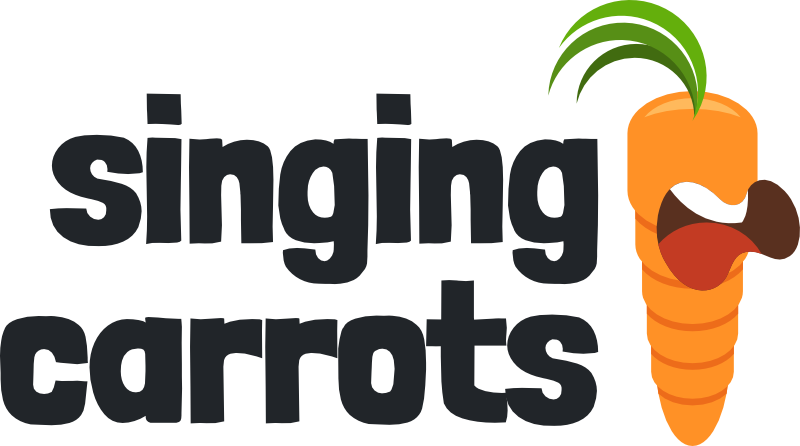Singing Guide: Sheila Gibbs
Vocal technique, exercises, tips and relevant resources
Sheila Gibbs is considered one of the greatest soul singers of all time. Her improvisational skills and emotional range set her apart from other singers of her era. If you want to learn to sing like her, you need to understand her unique vocal technique and incorporate practical exercises into your daily practice regimen.
One thing that makes Gibbs stand out is her use of melisma, the technique of singing several notes on just one syllable. She uses this technique to great effect in many of her songs, such as "Midnight Train to Georgia" and "I Heard It Through the Grapevine." To practice this technique, you can use Singing Carrots' Pitch Training module, which includes exercises to help you master melisma.
Gibbs also has excellent breath control, allowing her to sustain notes for extended periods without wavering. To practice breath control, Singing Carrots offers the Farinelli Breathing Exercise, which can help you develop greater lung capacity, and the Sustain Vocal Exercise, which will help you improve your ability to hold notes for long periods.
Another technique that Gibbs uses is vibrato. This is the slight variation of pitch that singers use to add richness and depth to their sound. Singing Carrots has two vibrato-related videos that you can use to develop your own: "Diaphragm Bounce" and "Beggars Bounce."
Finally, Gibbs' ability to convey emotion through her singing is unparalleled. Her unique blend of intuition, technique, emotion, and thinking sets her apart from other singers. If you want to learn how to do this, check out Singing Carrots' article "Singing with Intuition, Skills, Emotion, and Thinking."
By incorporating these techniques into your practice routine and using Singing Carrots' tools and exercises, you can learn to sing like Sheila Gibbs and become a soulful, powerful vocalist in your own right.
